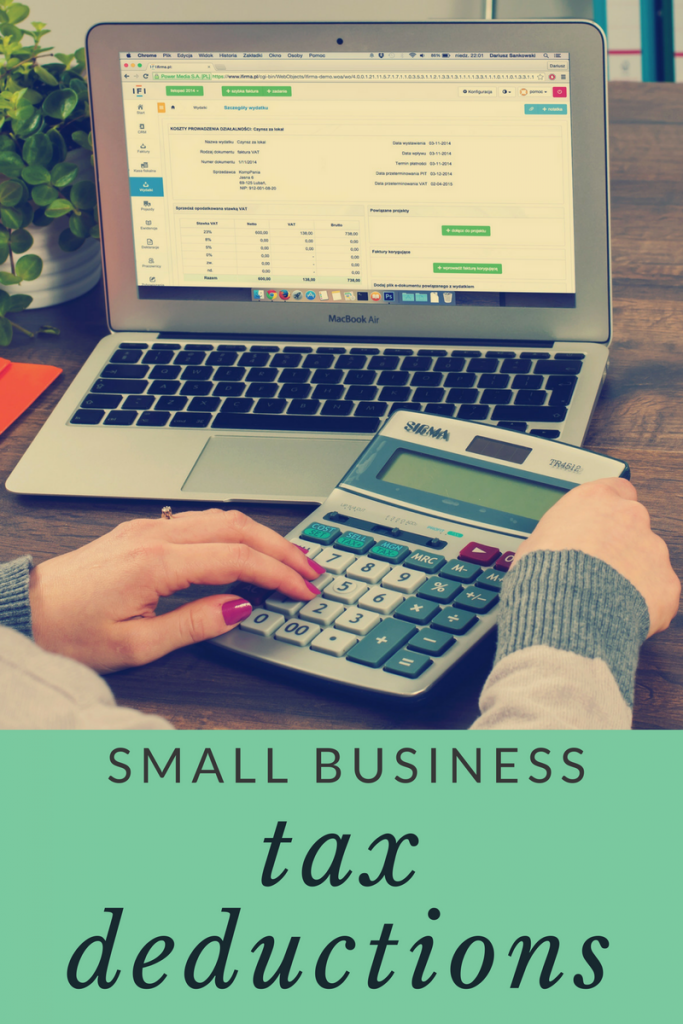
The first is the business use of home amount. If you use a portion of your home as your office and you don’t have an office outside of your home (among other requirements), you can deduct a portion of expenses like utilities, home repair and maintenance, property taxes, house insurance, and mortgage interest and rent.
What portion of these expenses you can deduct depends on how much of your home is being used for business purposes. The easiest thing to do is determine the square footage of your home that is being used for business, divide that by the total square footage of your home and multiply by 100 to come up with a percentage. For example, if your office space is 20% of your home this means you would be able to deduct 20% of your home expenses on your business tax return.
Another common deduction for home-based business owners is business use of vehicle. You can claim this amount if you use your vehicle for running errands for your business, going to meetings or conferences, and meeting with clients. In the US, there are two ways to calculate your business use of vehicle.
Quick! Get a free yearly mileage tracker NOW!
You can choose to keep a logbook where you track every trip you make with your vehicle (including personal trips). It’s best to keep a notebook in your vehicle at all times and make note of the date, the starting odometer reading, how far you drove, and the purpose of the trip. At the end of the year you can add up all the miles traveled for business purposes, divide that number by the total miles driven and multiply by 100. This will give you the business use of vehicle amount. Once you have this percentage, you can use a portion of your fuel, oil, vehicle insurance, parking, and vehicle repairs as a deduction against your business income.
A second way to claim vehicle expenses on your business tax return is to use a flat rate. The flat rate is set by the IRS and for the 2016 tax year is 54 cents per mile. If you plan to use the flat rate for deducting your vehicle expenses, you must do so in the first year you use your vehicle for business otherwise you lose the option to do so going forward. You can learn more about these business expenses on the IRS website here.
It’s always a great idea to check with your accountant or tax specialist before claiming these deductions because sometimes there are special rules and restrictions depending on your situation. If you don’t have an accountant or tax specialist, don’t worry, you still have time to find one before tax season is in full swing!
Michelle Cornish is a CPA and Profit coach who enjoys helping small business owners find ways to save time and money. She truly believes a good accountant can save you both but she might be biased! Learn more about Michelle and her book Keep More Money: Find an Accountant You Trust to Help You Grow Your Small Business, Increase Profit, and Save Tax here.
Michelle Cornish Profit Coach || CPA
Pinterest / Twitter / Facebook /Website
Don’t forget to grab your free mileage tracker below!
